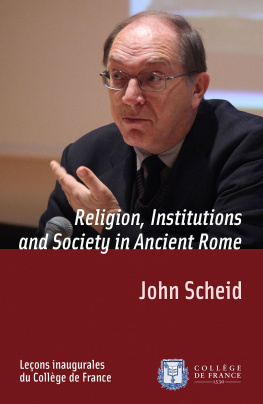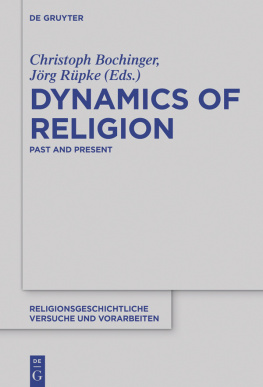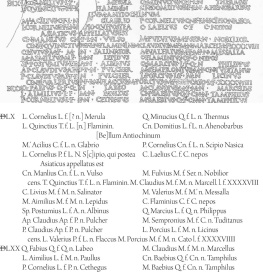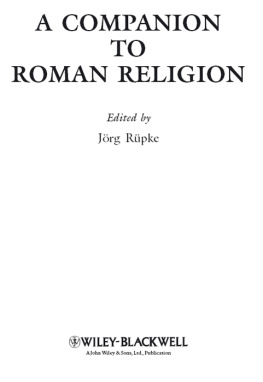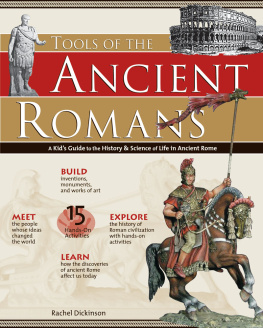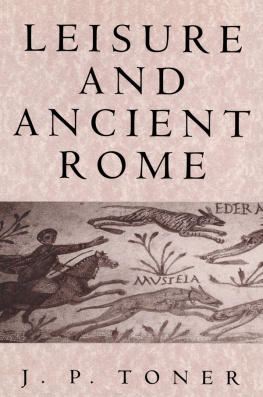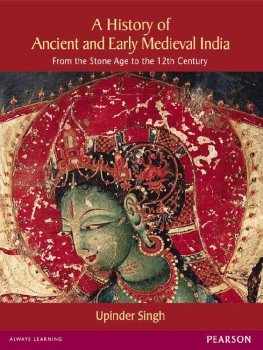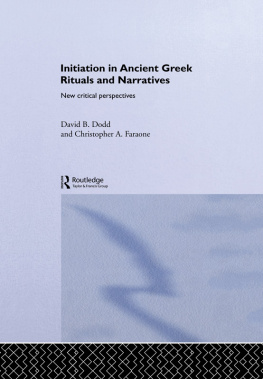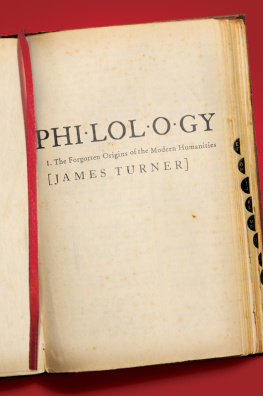Mr Administrator,
My dear colleagues,
Ladies and Gentlemen,
The Romans never departed from their custom of paying homage to the gods every time they started a new activity. Our predecessors in these premises, like the first royal lecturer of Latin Eloquence, Barthlmy Latomus born in the Duchy of Luxembourg, were accustomed to celebrating the founding king of the Collge de France. How could we not subscribe to traditions such as these when, like me, we are concerned in two respects? I will therefore start by respecting the rite, in paying homage to the Republic, and I have two reasons to do so. Firstly, I would like to express my gratitude for the liberality with which it has welcomed me for nearly twenty-five years, and for the generosity with which it hosts many foreign researchers and lecturers at French universities. As early as 1789, in claircissements sur le Collge royal de France, Abbot Jean-Jacques Garnier stressed that the Collges agenda should be international in scope, and that it should recruit its professors without any distinction of citizenship or origins. When I look at the rows of my colleagues, I see that this aim has been more than fulfilled, both here and in French academia in general. In the age of European construction, this type of openness warrants attention and praise. We have come a long way since the first decades of the Collge and the animosity aroused in 1534 by the nomination of Barthlmy Steinmetz or Lemasson, known as Barthlmy Latomus.
Secondly, I would like to thank the Republic and the Assembly of Professors of the Collge for having created a Chair devoted to Ancient Rome and to the religion and institutions of a dead civilization. Nowadays, such generosity cannot be taken for granted. Many people in France and Europe consider that the study of this type of civilization is not a priority. It is therefore not rare to see countries and universities closing rather than creating research and teaching positions in this field as budgets are cut and trends change. Yet the importance of the role of Chairs and teaching devoted to Antiquity cannot fail to appear obvious to anyone who considers the recent history of Europe and the world.
This is not only a matter of defending what is known as the study of the Classics in secondary education and of insisting on the quality of this training. It is true that Latin and Greek make it easier to learn French, to understand the grammar and to reason. But lets be fair, if French is taught properly it can render the same service. The importance of training in the Classics lies elsewhere. Because it forces one to look beyond national borders, it constitutes an ideal access to the common cultural heritage of Europe and far beyond. The Roman Empire, lets not forget, stretched from Gibraltar to the Black Sea, from Great Britain to the Sahara.
As it has been the case in Europe, the Middle East and elsewhere, for the preceding two centuries until today, historical heritage is a major issue in identity-related conflicts with dramatic and generally tragic consequences, as we know. Since the 19th century at least, historical and religious heritage has been closely linked to the identity of states and nations, which, in their origins and founding myths, project that which they define as their essence. In this quest for a pure identity, sites and documents from the past could be assigned a highly dangerous function. To avert this ever-present risk of a pernicious exploitation of history, states cannot afford to do without a scientific institution capable of providing relevant and, as far as possible, accurate answers to these issues. More precisely, this heritage requires specialists who can manage and pass on the sites and texts composing it, and who have the means to control the use to which they are put. But it also requires the training of graduates who, in their profession, are able to understand the discourse of these experts.
The study of dead civilizations is therefore, in my opinion, an essential tool for maintaining control over assertions concerning the identity of both ones own community, country or continent, and those of others. You will not be surprised if I tell you that the history of religions from the past or religions in the past has the mission of playing a key part in this control. By opposing sectarian discourses with the universal weapons of history, philology and anthropology, in short, the entire arsenal of science and reason, the history of religions of the past enables us to deflate modern myths, and not only those of others but also our own. It allows us to identify the projection, in the imaginary past, of the origins of nationalist, religious or racist fantasies, and to disarm exaggerated interpretations of the sacred texts. Within nations inherited from the 19th century, ancient history can help to deconstruct the representation that nation states sometimes create of their past, by showing that despite their apparent proximity, their ancestors, often simply assumed to be so, were as distant from the current society as the inhabitants of the antipodes, and hardly resembled the image assigned to them. It enables us to challenge the Greek miracle, the Roman genius, the Germanic superiority, or the Hegelian dialectic professing that religions and history tend towards Christian monotheism. Closer to us, it puts into its rightful place the irreducible Gallic character, the underpinnings of which have been brilliantly dismantled by Christian Goudineau who has paid me the immense honour of supporting my candidature in this institution.

